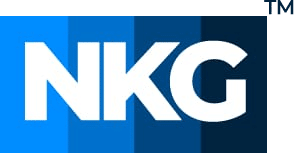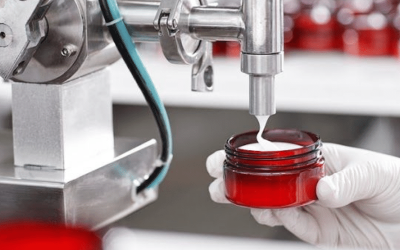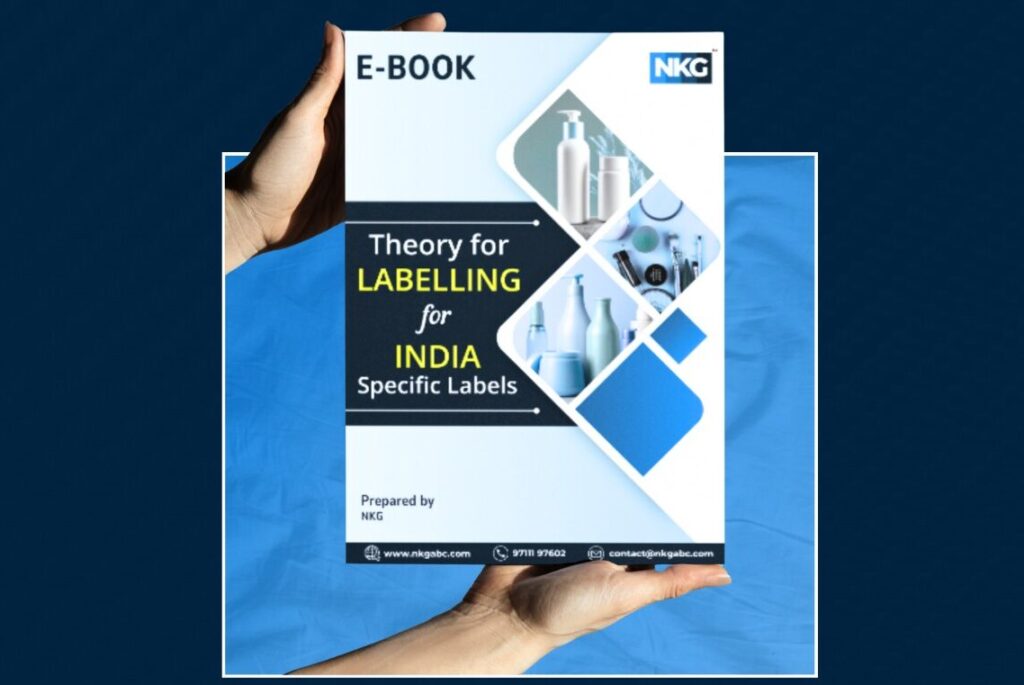Overview of Bureau of Indian Standards (BIS)
A national standard-setting organization called BIS has been established per the BIS Act 2016 for the smooth progression of product standardization, marking, and quality certification, as well as for matters related to or incidental to those activities. BIS has several duties, such as providing safe, reliable, and good-quality goods, minimizing health hazards, promoting imports and exports, etc. The actions of Bureau of Indian Standards (BIS) include policy formulation, and different schemes such as system certificates, product certificates, compulsory registration certificates, foreign manufacturer certificates, hallmarks, laboratory registration, Indian standard sale, consumer affairs activities, etc.
Objectives of Bureau of Indian Standards (BIS)
They harmonized the growth of product standardization, marking, and quality certification activities. To give standardization and quality control a boost for the expansion and development of industry on the one hand and to satisfy consumer needs on the other.
Products Covered Under Bureau of Indian Standards (BIS)
Scheme – I (ISI Mark Scheme) | Method – II (Registration scheme) |
· Cement (any variety, whether manufactured or sold in India) | · Electronic Games (Video) |
· Household Electrical Goods | · Laptop/Notebook/Tablets |
· Batteries | · Plasma/ LCD/LED Televisions of screen size 32″ & above |
· Products Related to Food | · optical disc players with integrated amplifiers that have an input power of 200W or more |
· Oil Pressure Stoves | · Microwave Ovens |
· Automobile Accessories | · Visual Display Units, Video Monitors of screen size 32″ & above |
· Cylinder, Valves, and Regulators | · Printers, Plotters |
· Medical Equipment | · Scanners |
· Steel and Iron Products | · Wireless Keyboards |
· Electrical Transformers | · Telephone Answering Machines |
· Electrical Motors | · Amplifiers with input power 2000W and above |
· Capacitors | · Electronic Musical Systems with input power 200W and above |
· Chemicals, Fertilisers, Polymers, and Textiles | · Electronic Clocks with Mains Powers |
· Kitchen Appliances | · Set-top box |
· Domestic Water Heaters for use with LPG | · Automatic Data Processing Machine |
· Air Conditioner and its related Parts, Hermetic Compressor, and Temperature Sensing Controls | · Power Adaptors for IT Equipment |
· Plugs and Socket-Outlets and Alternating Current Direct Connected Static Payment Meters for Active Energy | · Power Adaptors for Audio, Video & Similar Electronic Apparatus |
· Domestic Gas Stoves for use with LPG | · UPS/Invertors of rating≤5kVA |
· Transparent Float Glass | · AC or DC Supplied Electronic Control gear for LED Modules |
· Pressure cooker for the home | · Alkaline or other non-acid electrolytes contained in sealed secondary cells or batteries for use in portable applications. |
· Cables | · Self-Ballasted LED Lamps for General Lighting Services |
· Rubber Hose for LPG | · Fixed General Purpose LED Luminaries |
· Aluminum Foil | · Mobile phones |
· Non-Electric Toys | · Cash Registers |
· Electric Toys | · Point of Sale Terminals |
· Flat Transparent Sheet Glass | · Copying Machines/Duplicators |
· Safety Glass | · Smart Card |
· Woven Sacks | · Mail Processing Machines/Postage Machines/Franking Machines |
· Butterfly Valves | · Passport Reader |
· Reflectors for Bicycles | · Power Banks for use in portable applications |
· Paper Cattle Feeds | · Recessed LED Luminaries |
· Automobile Wheel Rim Component | · LED Luminaires for Road and Street lighting |
· Foot Wear | · LED Flood Lights |
· Press Tool-Punches | · LED Hand Lamps |
· Helmets for riders of Two Wheeler Motor Vehicles | · LED Lighting Chains |
· Refrigeration Appliances | · LED Luminaires for Emergency Lighting |
· Centrifugal cast (Spun) iron pipes | · UPS/Inverters of rating ≤ 10kVA |
· Flux Cored (Tubular) Electrodes | · Plasma/ LCD/LED Television of screen size up to 32″ |
· Sewing Machine | · Visual Display Units, Video Monitors of screen size up to 32.” |
· Water Treatment System | · CCTV Cameras/CCTV Recorders |
· Jute Bag | · Adapters for household and similar electrical appliances |
· USB-powered Iris scanners, optical fingerprint scanners, barcode readers, and barcode scanners | |
· Smart Watches | |
· Modules of Standalone LED for General Lighting | |
· Lighting Chain (Rope Lights) | |
· Induction stove | |
· Keyboard | |
· Automatic Teller Cash dispensing machines | |
· External Hard Drive of the USB Type | |
· Wireless Headphones and Earphones | |
· USB Type External Solid-State Storage Devices (above 256 GB capacity) | |
Less than 200 watts of input power for an electronic musical system | |
• Televisions other than plasma, LCD, or LED TVs; | |
Switch mode power supplies (SMPS) for standalone use with a maximum output voltage of 48 V | |
· Rice cooker | |
· Wireless microphone | |
· Digital Camera | |
· Video Camera | |
· Webcam (Finished Product) | |
· Smart Speakers (with and without a display) | |
· Dimmers for LED products | |
· Bluetooth speakers |
Types of BIS Certification Schemes
- Registration for the ISI Mark Scheme for Domestic Manufacturers– One must follow the established procedure to obtain their BIS certification for products covered by Scheme-I. The applicant must apply for Form V, the necessary paperwork, and the standard fee. The BIS representatives will conduct a preliminary factory evaluation, gather samples, test them, and produce a testing report. If the product satisfies the verified quality standards, BIS issues the BIS certification/license. This program’s BIS certification process takes four to five months.
- Tatkal Scheme -Registration for Domestic Manufacturers Using Simplified Process: The applicant receives Bureau of Indian Standards (BIS) certification under the streamlined Scheme 30 days after applying. According to the streamlined process, the applicant must submit a BIS registration application to the appropriate BIS officer along with the required paperwork, self-evaluation reports, and test reports of product samples from the BIS-approved labs. Within 30 days of receiving the application, the BIS officer will verify the factory and issue BIS certification if the test reports are submitted to meet the required standards.
- Registration for the ECO Mark Scheme: Environmentally friendly products receive BIS certification under the ECO Mark program. All environmental products must meet the fundamental requirements outlined in the Indian Standards to be eligible for an ECO mark from BIS. The ISI mark and the ‘ECO’ logo were approved for use on the products by the BIS. Using the ECO mark and logo denotes compliance with pertinent BIS standards and specific environmental requirements. A single mark that combines the ECO logo and the ISI mark is issued for those products. The process for obtaining a BIS license for domestic manufacturers under the regular and streamlined registration process is like the process for obtaining a BIS certification under the ECO mark scheme.
- Foreign Manufacturers Certification Scheme (FMCS): The BIS issues a BIS certification to foreign applicants or manufacturers within six months under the Foreign Manufacturers Certification Scheme (FMCS) FMCS) to enable foreign applicants to obtain and make use of the ISI mark on their goods. All products can receive certification under this program, except the MeitY-notified electronics and IT products.
- BIS Compulsory Certification Scheme: This 2012 Order on the BIS compulsory certificate scheme prohibits the production, storage, or distribution of goods for import or sale that do not meet the specified Indian Standards and bear the standard mark with the BIS certification number. Manufacturers can register under CRS and obtain this number by submitting Form-I under smart registration and a self-declaration of conformity for each product.
- Hallmarking: The process of precisely calculating and formally documenting the proportionate content of precious metals in precious metal objects is known as hallmarking. Therefore, hallmarks serve as a guarantee of the excellence and purity of unique metal objects. In India, hallmarking has only been made applicable to gold and silver. Any jeweler can apply online on the portal to get the registration certificate for selling Gold and Silver Jewelry to obtain the hallmark. The lifetime validity of this registration certificate.
Documents required for BIS certificate
To obtain BIS certification, a manufacturer must, however, submit the following general required documents to the BIS:
- Proof of the factory and office’s name and location
- A document proving the manufacturing unit’s establishment, such as a certificate of incorporation, registration, memorandum of association, etc.
- Certificate for MSME/SSI, if applicable
- An overview of the manufacturing process flow (from raw materials to the finished product stage)
- A list of manufacturing tools and details about each piece of equipment
- Information about outsourcing a manufacturing operation if any
- An extensive list of testing facilities and testing gear
- Copies of the testing equipment’s current calibration certificates
- If applicable, a third-party laboratory test report by Indian Standards
- The layout of the factory’s grounds and a map of its location
- Report of any applicable internal or external testing
- If the authorized signatory has signed the application, attach the CEO’s authorization letter to their name.
- The form for nomination in the case of a foreign manufacturer or international applicant, as well as nomination information for the Indian agent.
BIS Registration Process
- The people who submit BIS registration applications are manufacturers.
- A BIS inspector conducts a preliminary inspection of the factory.
- They assess the sample product after the review.
- The officer chooses the conclusion following the evaluation.
After the inspection, the examining officer uses a surveillance technique to complete a thorough factory evaluation. The following duties are part of the surveillance process:
- To confirm the accuracy of the test results, the inspection authority visits the facility.
- The test samples are sent to unbiased laboratories by the examining officer for analysis.
- The report provides the complainant with comments or a summary of the investigation.
- Based on the performance analysis, the BIS produces a report.
- The BIS issues the license following the evaluation of the report.
Validity for BIS Certificate
The ISI certification is valid for one year, whereas the registration certificate is for two years. The certification holder may renew the license if the product and the required standards have stayed the same. Depending on the product, a BIS certificate is good for one to five years after renewal.
Conclusion: BIS certificates play a crucial role in gaining the trust of consumers. It not only safeguards the consumers but also encourages fair trade practices. Thus, it is important to understand the kind of certificate that will be applicable to the product and prepare for it beforehand to avoid any delays.







